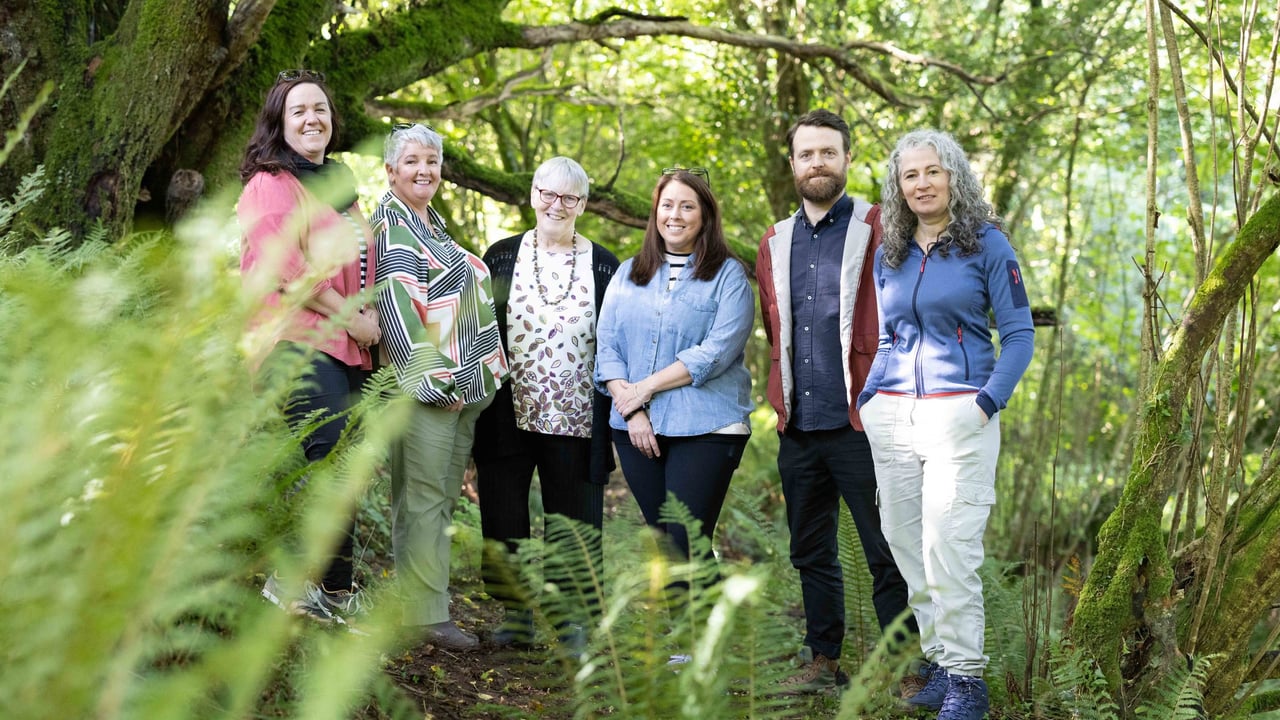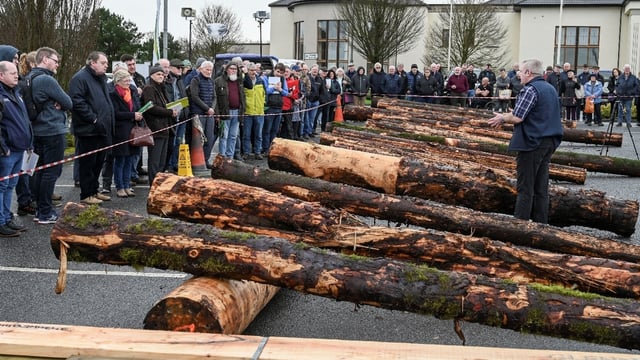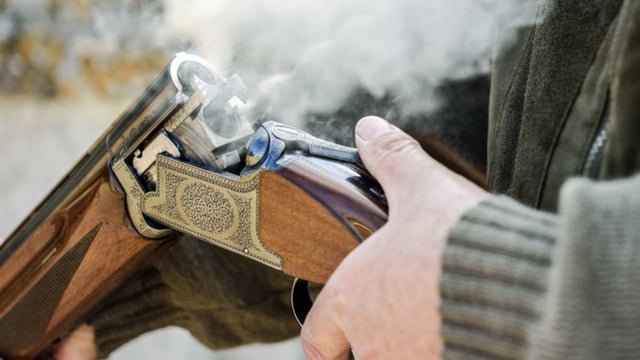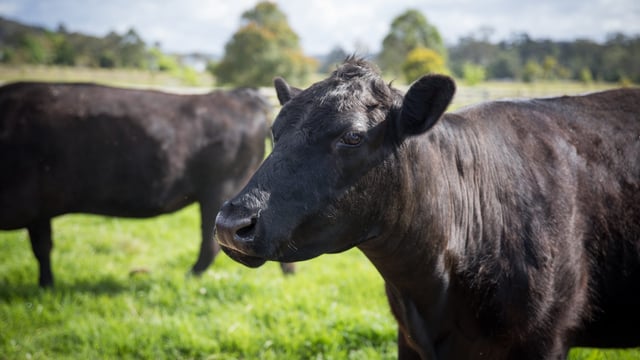Clare forest to be 'anti-monument' to cervical check scandal
The patient support group 221+ has purchased 16ac of mature native Irish woodland in Co. Clare which will be used as public artwork and an "anti-monument" for those affected by historic injustices in women's healthcare.
The project is known as "the forest that won't forget", and is situated north of Ennis in Co. Clare. The site rises to a peak of 297m above sea level, with views looking west over Inchicronan Lough.
221+ is a patient support group that supports the women and families impacted by the cervical check debacle. The support group worked in partnership with Hometree, a nature restoration charity.
Both organisations said they are committed to preserving the site as an untouched, natural native woodland.
According to 221+ it will be a place for "remembering the past and imagining the future while having an eternal legacy that will outlive us all".
Anti-monument
In 2021, artists Fiona Whelan and John Conway were commissioned by 221+ to lead a nationwide art project to respond to the complex lived experiences of women and families failed by the HSE’s cervical check screening programme.
Conway explained to Agriland, the reason they chose to purchase the land.
"Finding a place to bring people was important. One of the members, her daughter had died, but she wanted a place to bring her grandson so that they could talk about his mum," Conway said.
“It became important to us to have a public artwork dedicated to women and families, an anti-monument that publicly acknowledges the major injustice in women’s healthcare."
They got in contact with the development leader at Hometree, Ray Ó'Foghlú.
O'Foghlú told Agriland that the project is "an amazing collaboration between two organisations with really similar values".
"It’s an incredible 16ac site with some ancient woodland on it. Now we have drawn up a restoration plan for it," O'Foghlú said.
Conway said that the next step in the project is to raise funds for basic facilities, to make the space accessible to members.
"We have moved into a phase where we want to install basic infrastructure to make it accessible to members. We want to partner with a philanthropist or a benefactor, because it’s important the members and the general public can actually get there," he explained.
The development of the project was funded by the Arts Council and 221+, with support from the Irish Museum of Modern Art (IMMA) and the National Museum of Ireland (NMI).











